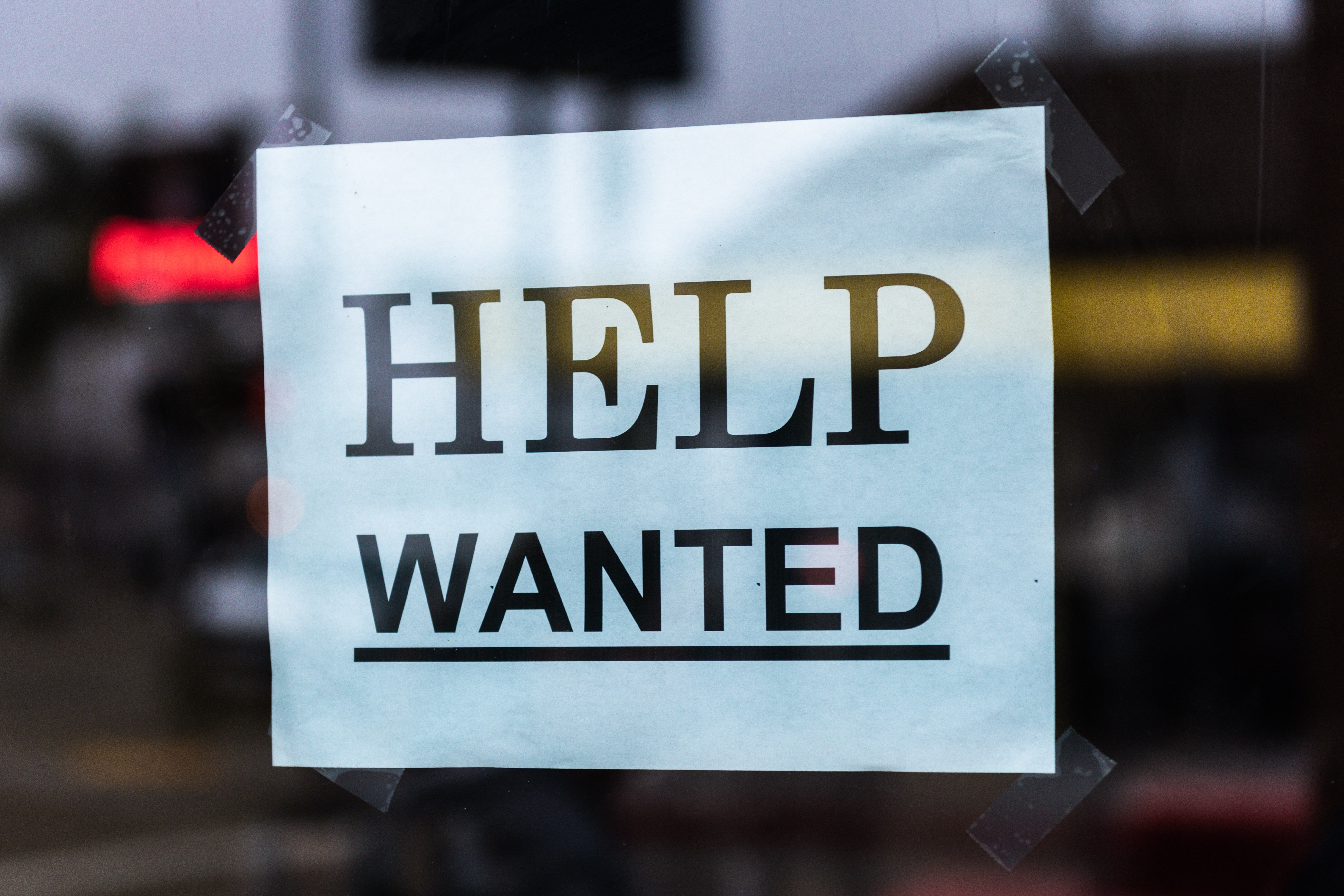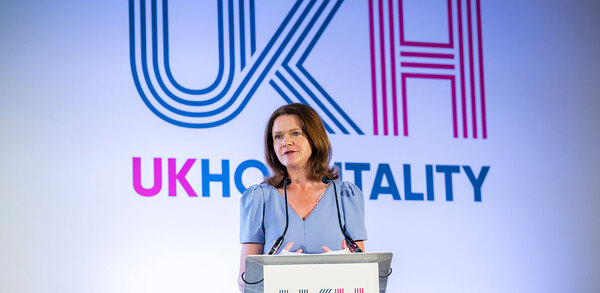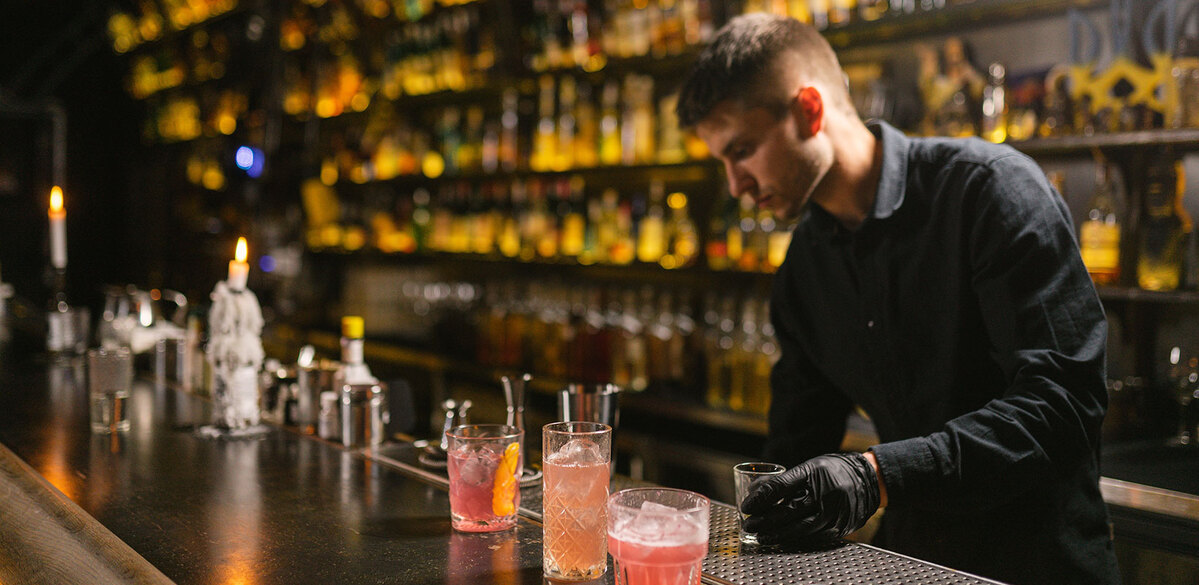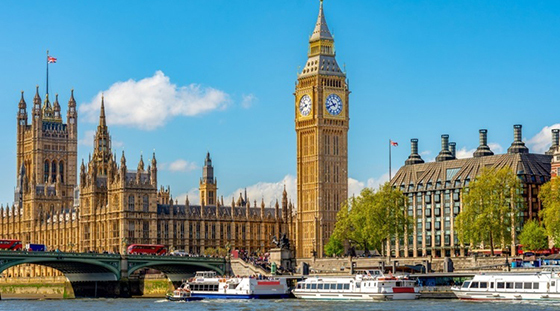Easing of legal restrictions not the end of hospitality’s challenges
Research published by the UK’s hospitality and pub trade bodies has reflected the scale of the challenges still facing businesses as they look to rebuild from the pandemic.
UKHospitality, the British Beer & Pub Association and the British Institute of Innkeeping are all warning that the long-awaited easing of restrictions does not mark an easing of challenges for sector businesses. Chief among these are major concerns around staffing, the supply chain and tapering of government support.
Furthermore, notifications on the NHS Covid app mean that as many as a fifth of staff in the sector are isolating at any one time, forcing operators to reduce operating hours or to close venues completely, threatening to derail recovery.
In a survey of more than 350 businesses, every business surveyed had vacancies; mainly front-of-house (84%), non-head chefs (67%) and kitchen porters (36%). A third were experiencing managerial role vacancies. Vacancy levels were running at 10% across the sector – implying a shortage of over 200,000 workers.
Almost all (94%) of hospitality businesses were experiencing difficulties with their supply chain – 66% had reduced product lines, 63% were seeing delays in deliveries, 60% were experiencing products not turning up and 56% saw major price inflation
It also found that a return to a VAT rate of 20% next year would negatively impact most businesses: 43% said they would cut investment, 30% would become loss-making, 28% would cut jobs, 22% would implement a recruitment freeze and 21% would face business failure.
In terms of priorities for government support, respondents ranked additional business rates relief into 2022-2023 as the top measure, followed by a continued reduction in hospitality VAT beyond March 2022 and, thirdly, an overhaul of the business rates system.
Other support measures needed that ranked highly were a reduction in the tax on beer and alcoholic drinks, as well as help to address labour shortages.
In a joint statement the three trade bodies said: “The easing of all legal restrictions should mark a progression into the recovery phase for our sector, which has been hardest hit during the pandemic and only now permitted to trade unrestricted and make progress toward rebuilding and paying off accrued debts.
“But businesses are faced with a range of pressing challenges, meaning the road to recovery will be bumpy for many months to come. The sector has already lost more than 12,000 venues during the course of the pandemic and more than half a million jobs – without further adequate support there will be more businesses and jobs lost.
“For hospitality to begin a sustainable recovery, government must continue working closely with us in order to put in place the right trading environment, including measures such as further business rates relief into next year and the extension of the lower rate of VAT. This will offer firms the chance to bounce back strongly and help to rebuild fragile consumer confidence. With the right support, hospitality can be at the forefront of the nation’s economic recovery, creating jobs and reviving our high streets and city centres.”
Photo: Tim Mossholder on Unsplash




















